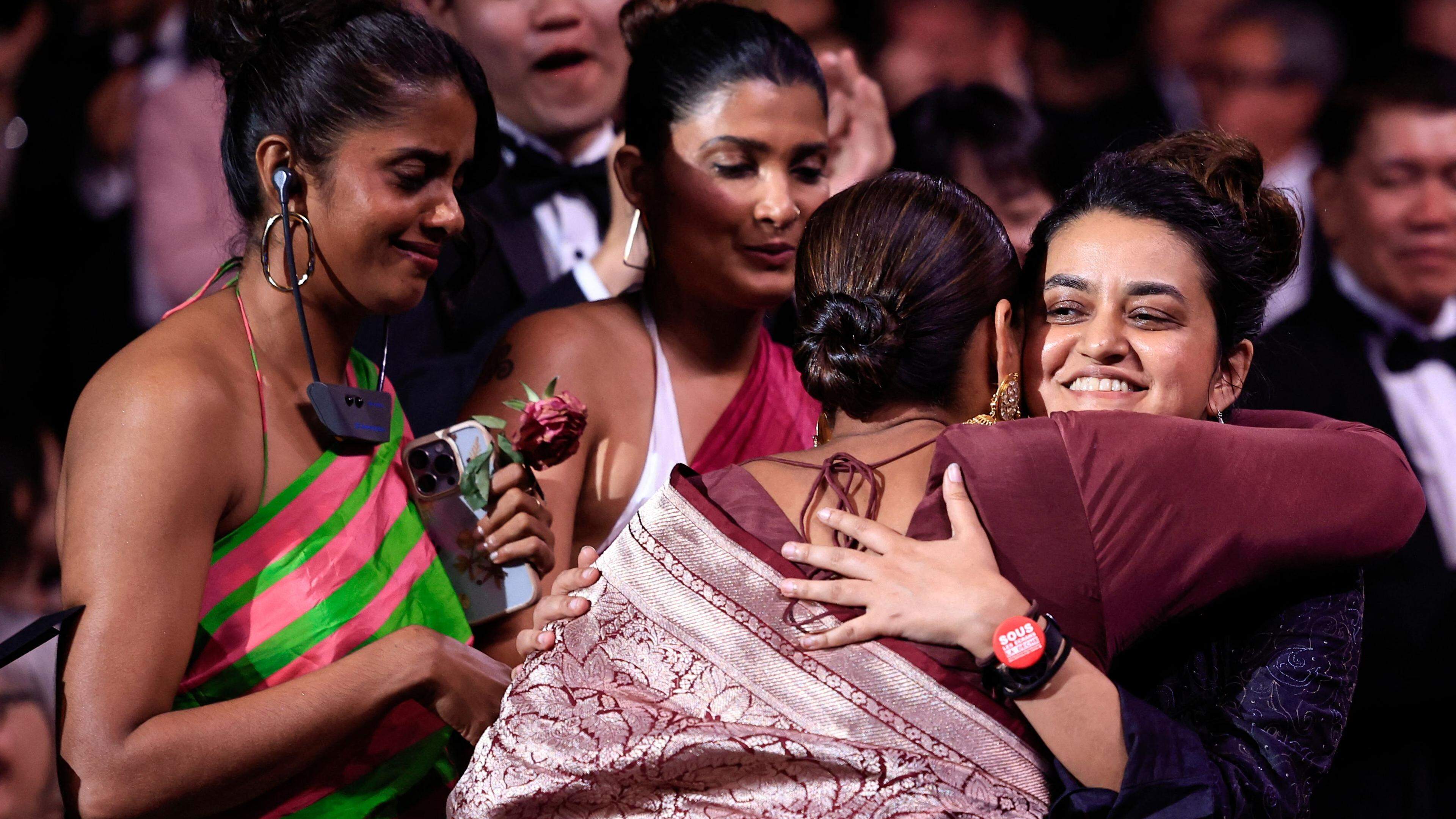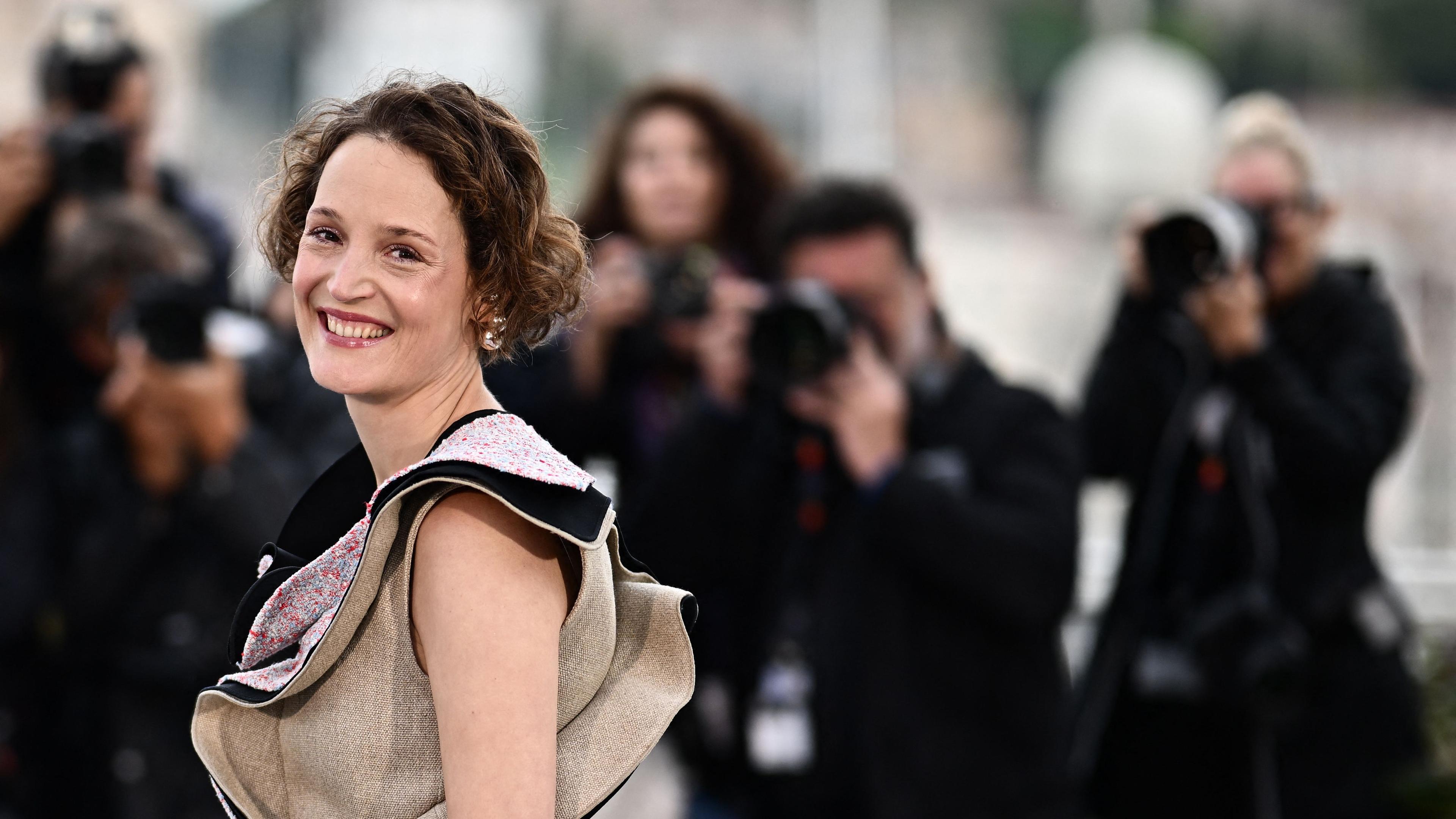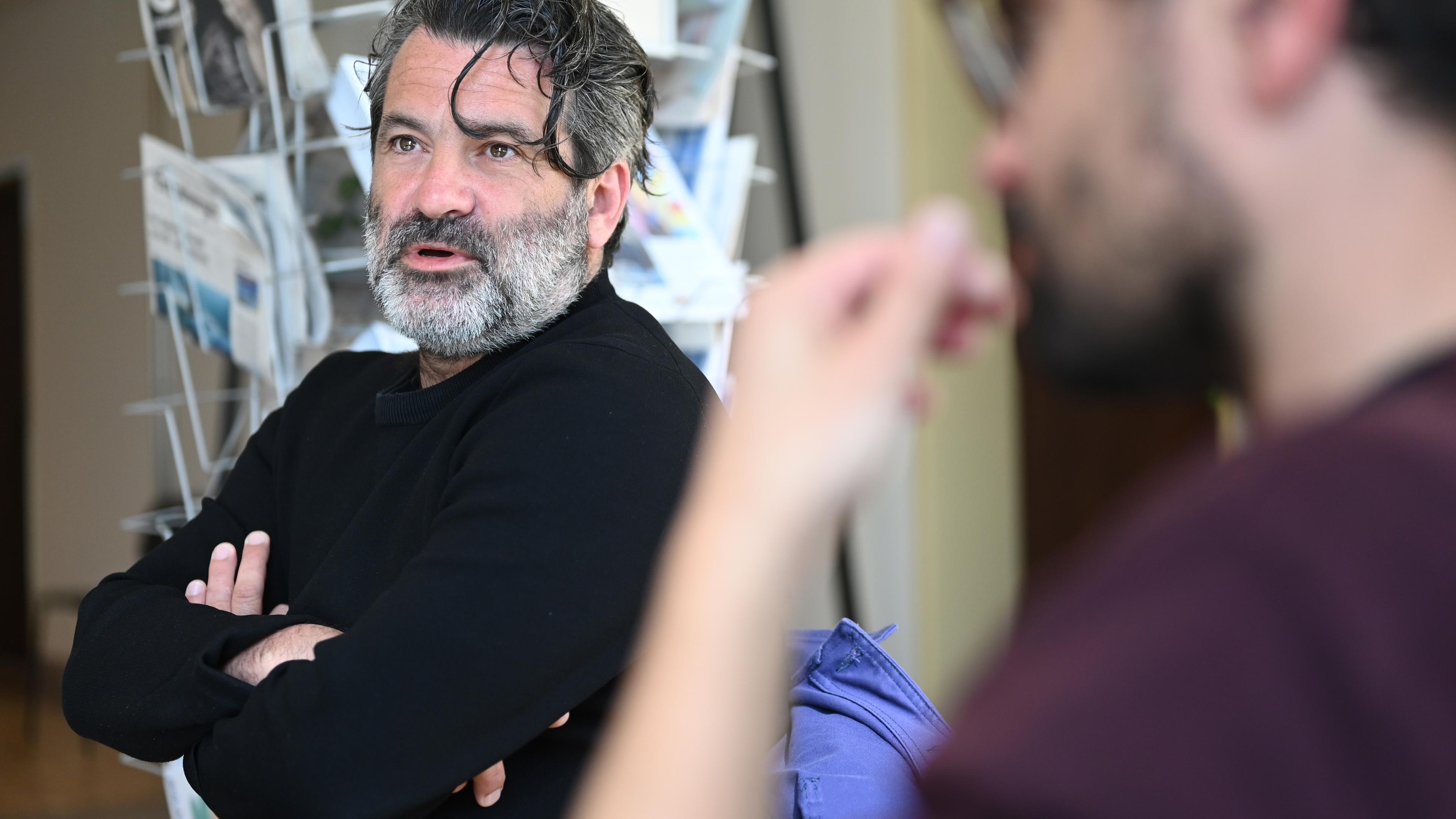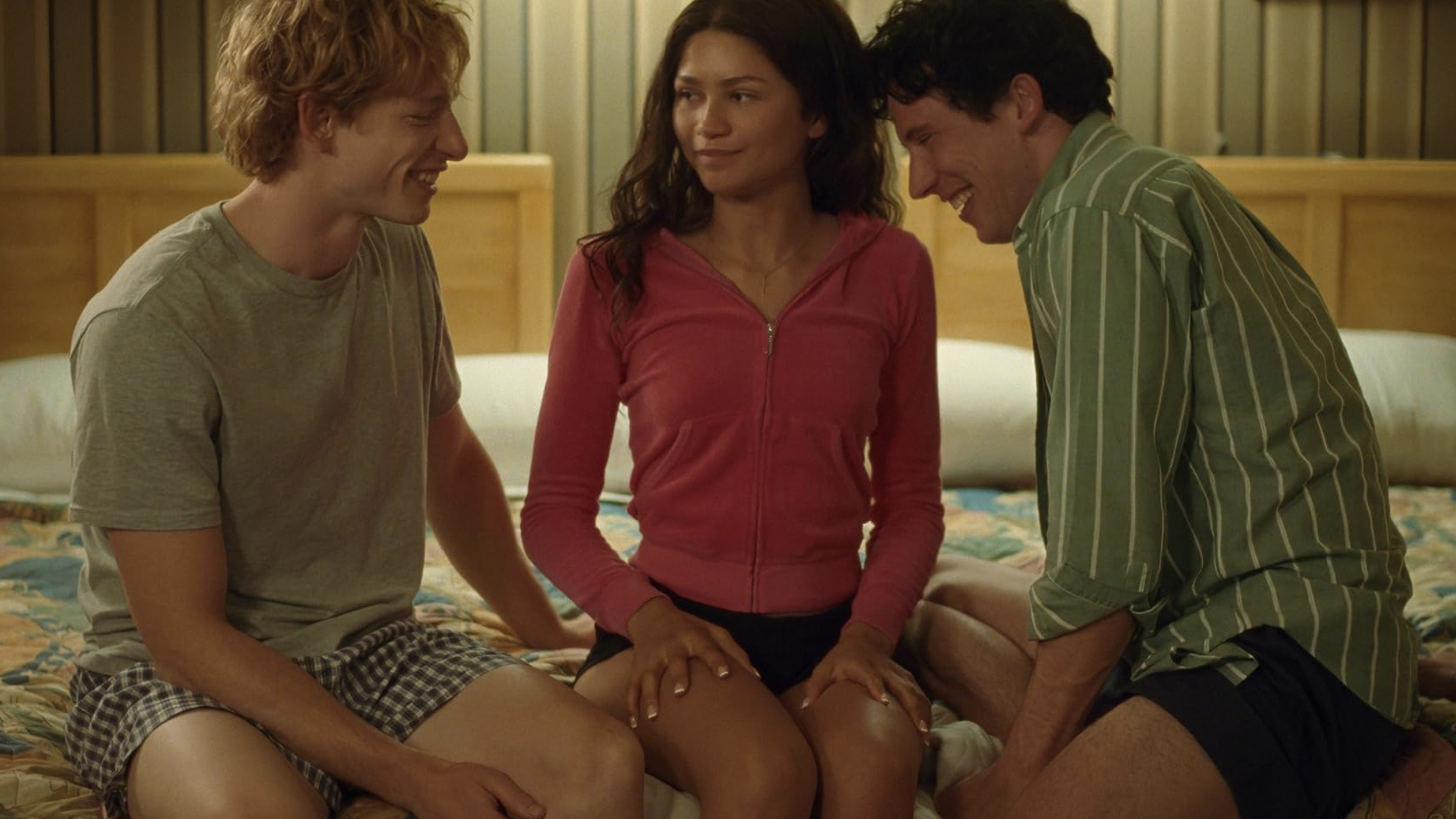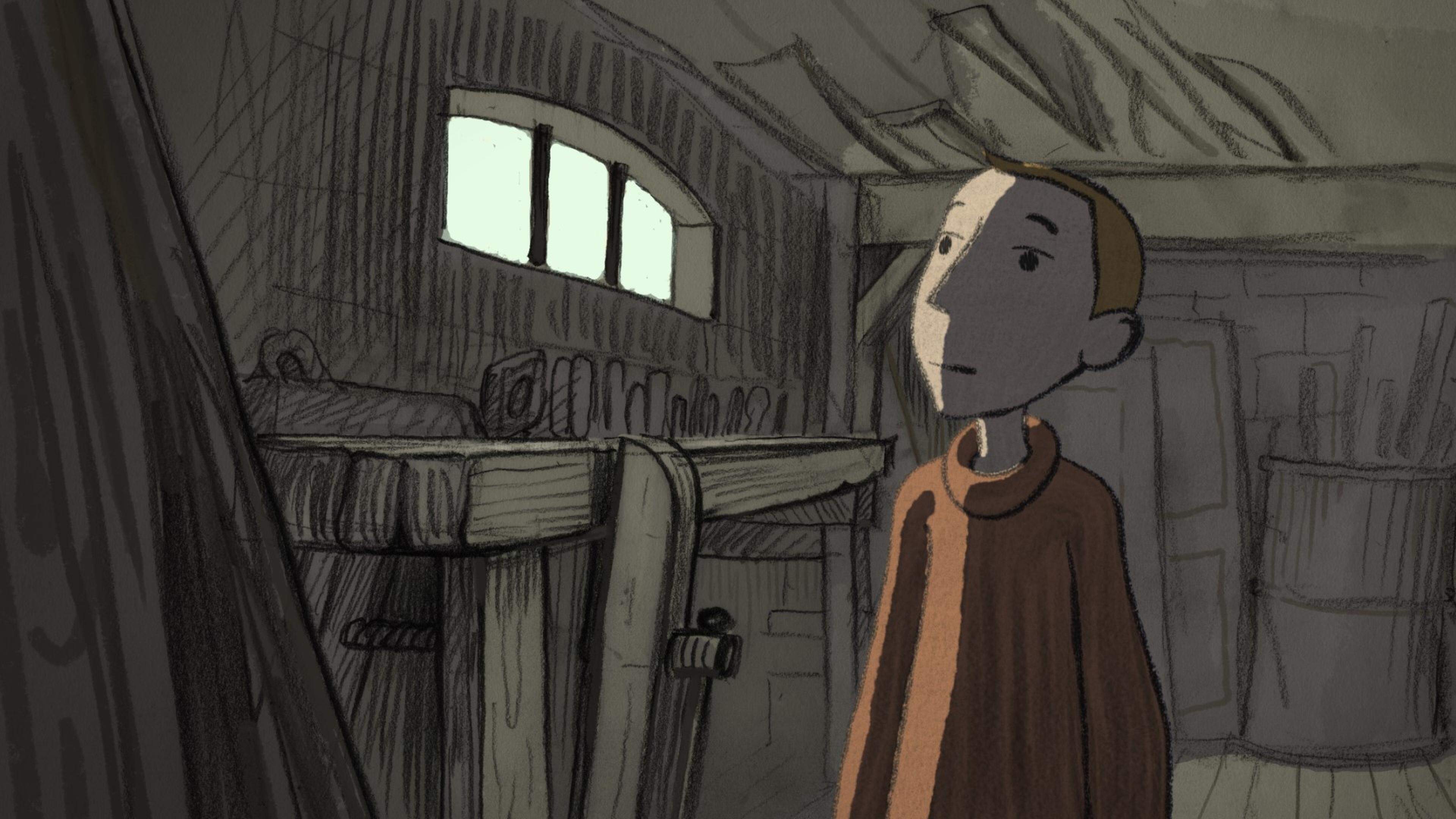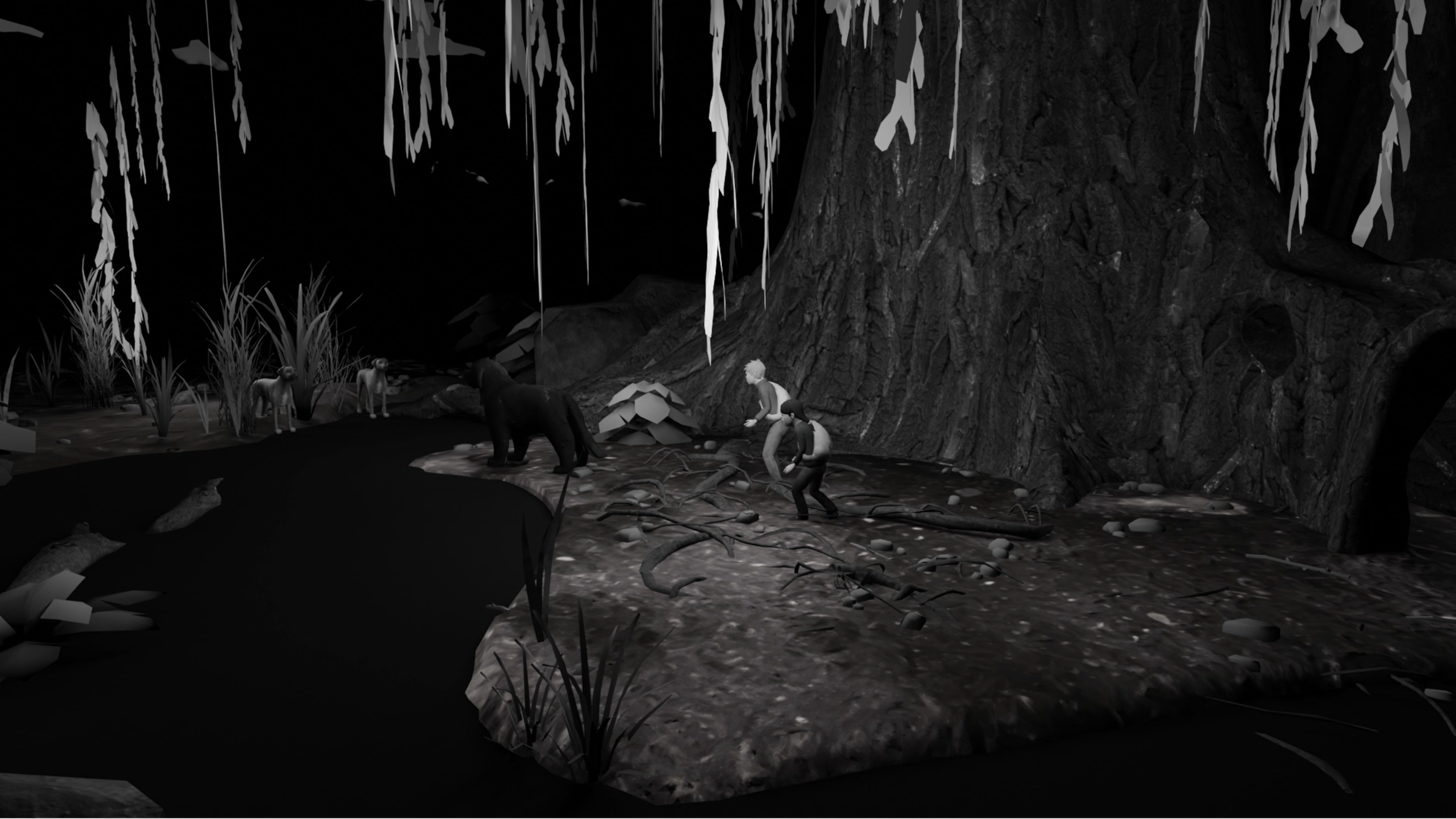Amy Winehouse biopic ‘Back to Black’ tells its own version of her story
A film that’s left critics torn, this version of the singer’s tragic life isn’t as candid as some had hoped
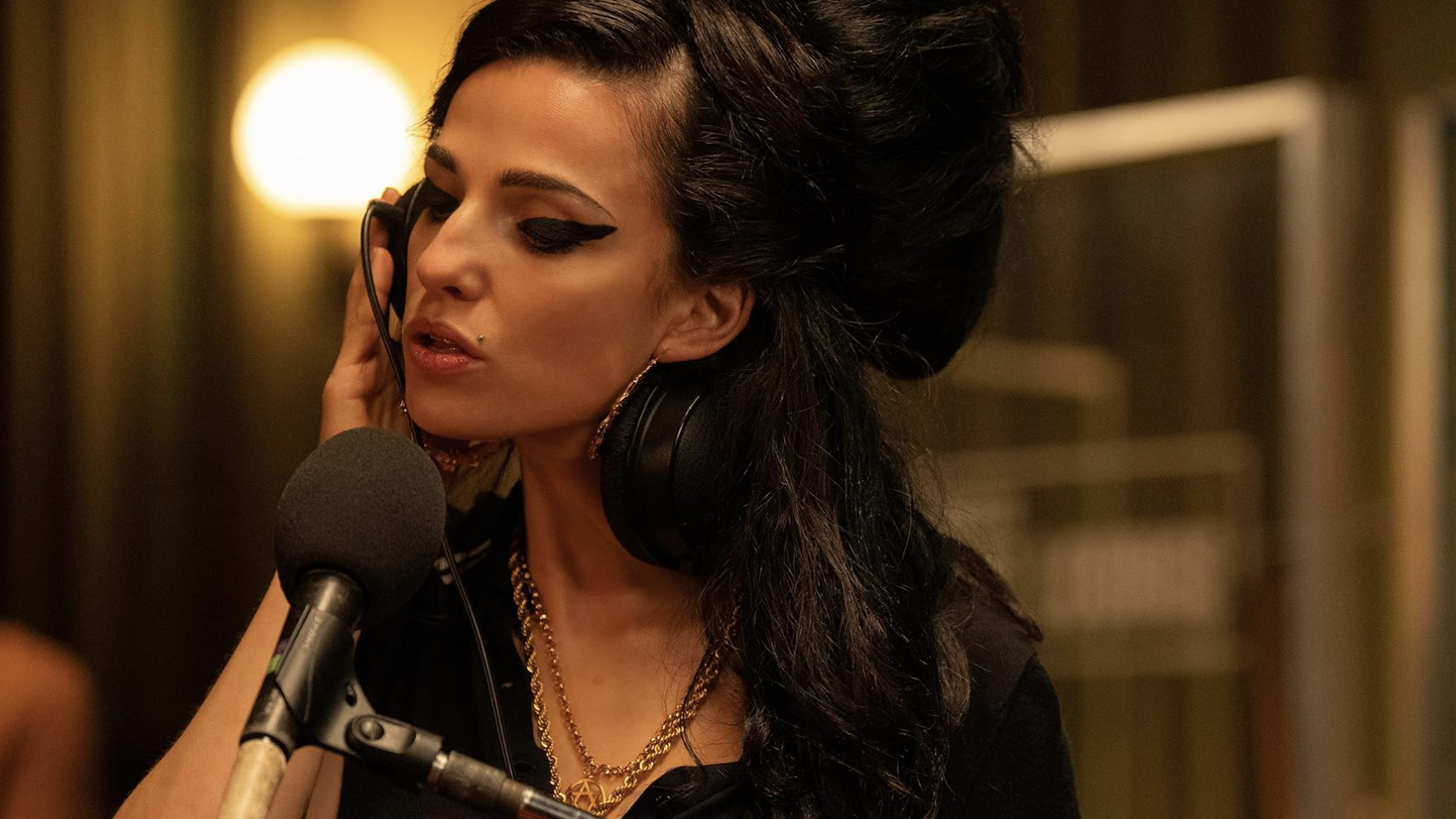
As a biopic - sans ethics, sans accuracy, sans a lasting real-life legacy - Back to Black is compelling.
Following the once-in-a-generation talent that was Amy Winehouse, Sam Taylor-Johnson’s film would necessarily have to grapple with the singer’s meteoric rise to fame alongside her volatile personal life and struggles that eventually led to her premature death at age 27.
You know how the play ends, in other words. But where the biopic hits the right notes in naked filmmaking, a deeper dive into Winehouse’s life - especially in the film’s context - suggests that the real story (who’d have guessed?) is more nuanced.
Lead star Marisa Abela hits the ground running in Back to Black as she portrays an Amy Winehouse pre-stardom, pre-beehive hairdos, pre-messy private life. You’ll have to get used to her hammy cockney accent - but her performance only really comes into its own once Amy herself adopts the silhouette the singer would be known for.
Pre-star Amy is already performing gigs at London pubs, and her raw talent is noticed by music industry scouts almost immediately. In a first act of self-sabotage, she backs out of talks with a management company to return to real life in search of experiences that’ll fuel her music.
A fateful meeting at a non-descript pub leaves Amy in love with a mysterious, bloke-ish Blake (Jack O’Connell). Blake Fielder-Civil, with whom Winehouse had an on-off relationship for most of her career, will come to play a major role.
A counterweight to Blake is Amy’s father, Mitch Winehouse. Portrayed sympathetically by Eddie Marsan, his role in Back to Black differs significantly to other accounts of Winehouse’s life - including the 2015 documentary Amy, in which Blake and Mitch’s influences are shown in a much less flattering light.
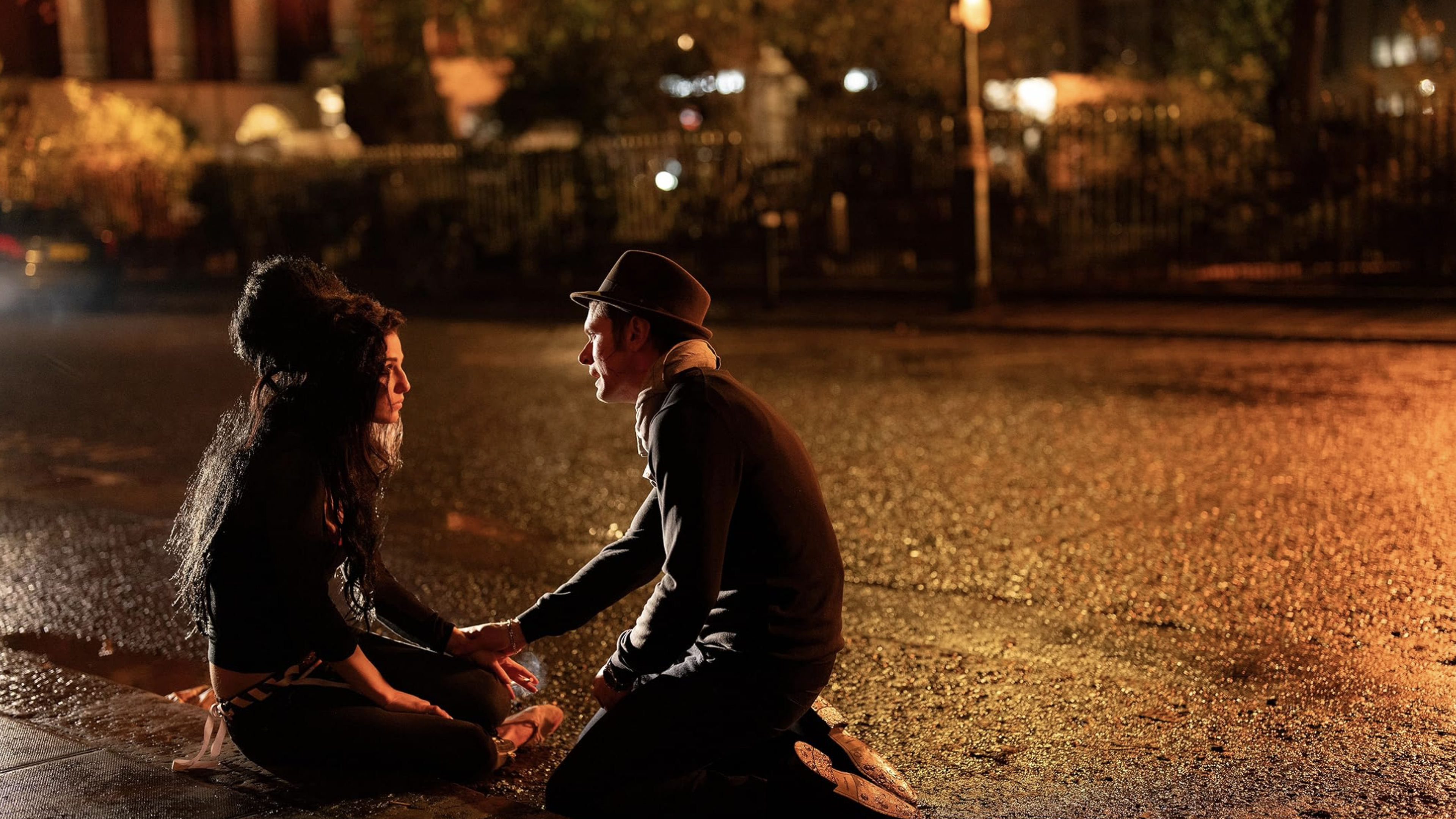
Amy’s gradual transformation throughout the biopic nevertheless captivates. Newcomer Marisa Abela really has her work cut out for her, this being her first major role; not only does she have to sing like Winehouse (a feat in itself), she has to adopt her gait, mannerisms, accent, and frail figure.
But adopt these she does. Back to Black lets Amy come into her own, pinpointing the origins of her tattoos, her iconic beehive hairdo, her downfalls. Whatever qualms you might have with the actual storytelling (we’ll get to that), you can’t claim that Abela doesn’t, at points, uncannily channel Winehouse.
But it’s tricky. Amy, being in her early twenties and having already struggled with issues of mental health and addiction, has fame thrust upon her. She and Blake break up, her grandmother passes, she spirals down into a dark, alcohol-soaked place, and in the process writes the album after which the film is named.
Throughout this course of events and after, there’s this permeating impression that Blake Fielder-Civil and Mitch Winehouse were little more than outside observers, only ever reacting to Amy’s spiral rather than playing integral parts in it.
In Asif Kapadia’s 2015 documentary, Amy, these things aren’t as clear-cut. Blake Fielder-Civil certainly isn’t portrayed as just a romantic focal point in Amy’s life who, despite his own share of problems, had an overall stabilising effect on her.
Amy’s father doesn’t get off lightly in the documentary, either. Mitch Winehouse, followings its release, even went so far as to condemn it, insisting that he’d been cast in an overly negative light and that he’d like to set the record straight at some point down the line.

Back to Black might just be this record-straight-setting by the Winehouse estate - having been produced with the full approval of, and input from, Mitch Winehouse himself.
Compare these critical accounts of the people in Amy’s life with Back to Black. In it, Mitch (and Blake, to a lesser extent) are only ever caught up in the whirlwind that was Amy Winehouse - rather than being active participants in it.
It’s a sense that’s hard to put a finger on but even harder to shake. Perhaps Mark Kermode’s assessment is most apt: Back to Black is a fairytale love story version of the Amy Winehouse tragedy, coming in response to prior, less romantic accounts of her life.
So while it’s certainly a strong film, it jars in being surreptitiously uncandid, surprisingly slanted in an era of de-romanticised biopics that aren’t afraid to portray the lives and relationships of past icons in a greyer light (see, for example, last year’s Priscilla).
Back to Black, rather than portraying Amy Winehouse in her own words, adopts an “oh that poor girl” tone that’s full of condolence rather than genuine tragedy - a third party’s retelling of Amy Winehouse’s career instead of a no-holds-barred account, heroin and abuse and all.

